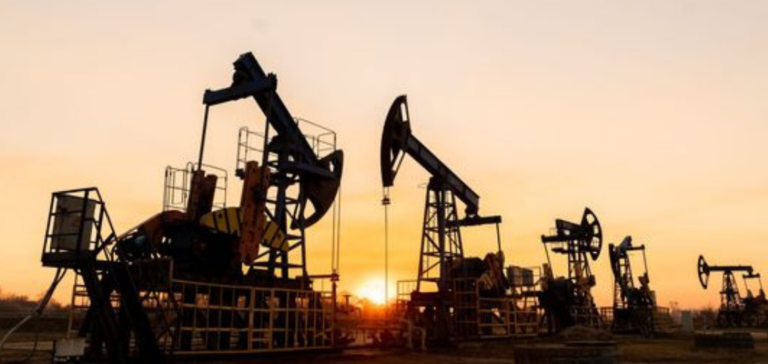With climate change and the energy transition dominating global debates, the role of financial institutions in supporting fossil fuels is coming under increasing scrutiny. The non-governmental organization Reclaim Finance recently highlighted a striking contradiction: many major banks, renowned for their climate initiatives, continue to finance the fossil fuel sector on a massive scale.
Between January and September 2023, 13 oil groups raised $45 billion through 40 bond issues.
Major banking players involved
Among the most significant issues, five alone total $12.2 billion. Companies such as BP, ConocoPhillips, Duke Energy, Eni and Greensaif Pipelines Bidco, closely linked to the expansion of fossil fuels, orchestrated these emissions. Major players in the banking sector such as Bank of America, Barclays, BNY Mellon, BPCE-Natixis, Citi, Crédit Agricole, Deutsche Bank, Goldman Sachs, HSBC, JPMorgan Chase, Mizuho, Mitsubishi UFJ Financial Group, RBC and Société Générale are among the co-organizers of these issues.
The inconsistencies of the Climate Commitments
In parallel, investment groups such as abrdn (Standard Life Aberdeen), Allianz, BNP Paribas, BlackRock, BPCE-Natixis, Crédit Agricole, Credit Suisse, Deutsche Bank, Fidelity, HSBC, Invesco, JP Morgan Chase, Legal & General, Pictet, State Street, UBS, Vanguard, and Wellington hold these bonds. This funding comes at a time when these institutions are making a public commitment to a net-zero emissions future. Reclaim Finance highlights the inconsistency and potentially devastating impact of such actions, particularly when these bond issues are disguised as sustainable development initiatives.
Reclaim Finance’s Call to Action
A notable case in point is the $2.1 billion issue by the Italian group Eni, underwritten by BNP Paribas and Crédit Agricole among others. BNP Paribas, in particular, has been criticized for its ambiguous policy: although it has stopped financing new oil and gas fields, it continues to support the expansion of existing activities in the oil sector. This situation highlights a significant gap between public declarations and the concrete actions of financial institutions. Against this backdrop, Reclaim Finance calls for an urgent reassessment of the financing strategies of banks and investors.
Indeed, it is imperative that these players limit their support for companies in the fossil fuel sector, starting by no longer participating in the issuance of bonds for such projects.
The involvement of major banks in financing fossil fuels raises questions about the sincerity of their climate commitments. It is essential that these institutions realign their actions with their rhetoric for a truly sustainable energy transition.






















